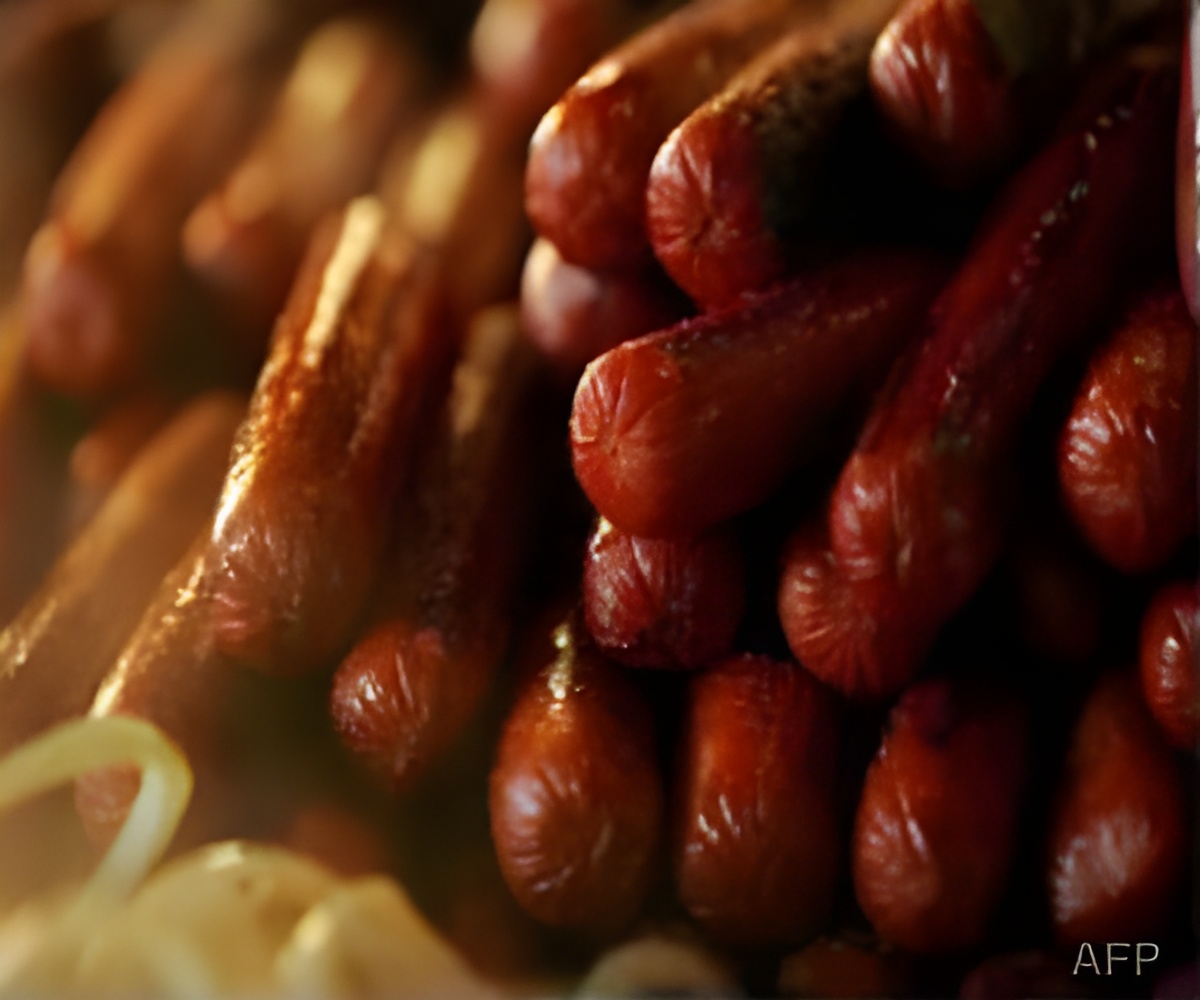Latinas who consume about 20 grams of processed meat per day are 42 percent more likely to be diagnosed with breast cancer.

‘Latinas who consume about 20 grams of processed meat per day are 42 percent more likely to be diagnosed with breast cancer.’





"Few studies look at breast cancer risk factors specific to Latinas," said Stern, an associate professor in the Division of Cancer Epidemiology and Genetics at Keck Medicine of USC. "Our focus was to understand if meat consumption is associated with breast cancer and whether there are differences between Latinas and white women. To our knowledge, this is the first study that has looked at meat intake among Latinas." The findings came months after the World Health Organization (WHO) declared processed meat a carcinogen that increases the risk of colorectal cancer. Stern was among the panel of international scientists who helped come to that conclusion.
"The group was on the fence about concluding that processed meat intake may cause breast cancer and ultimately decided not to make that edict based on insufficient data from studies," Stern said. "Now a new study shows there is an association between processed meat and breast cancer for one understudied population. In light of the WHO report, this discovery could be a wake-up call about the negative health effects associated with consuming processed meat such as bacon, beef jerky and lunch meats."
Red meats and tuna
In the study, Latinas who consumed about 20 grams of processed meat per day (the equivalent of a strip of bacon) were 42 percent more likely to be diagnosed with breast cancer compared to Latinas who ate little or no processed meats, said Andre Kim, lead author and a USC molecular epidemiology doctoral student.
Advertisement
Researchers also looked at consumption of red meats, poultry, all fish and just tuna. White women who ate an average of 14 grams of tuna daily (roughly the size of a thimble) were 25 percent more likely to have breast cancer than those who did not. The association for tuna on Latinas was comparable but not statistically significant.
Advertisement
As a caveat, the authors noted the association between increased breast cancer risk and tuna could have been driven by chance because the two data sets researchers used had different ways of collecting tuna intake information.
The study included 7,470 participants derived from two other studies that included women who lived in the San Francisco Bay Area, Arizona, Colorado, New Mexico and Utah. Their ages ranged from 25 to 79. The control groups were random women in the same neighborhoods who did not have breast cancer.
In one of these studies, bilingual interviewers recorded dietary intake data using a questionnaire that captured more than 300 food items. In the other one, bilingual interviewers recorded dietary intake using a questionnaire that captured 85 food items. USC researchers harmonized information for meat intake from the two studies to make a comparable data set.
Confirming findings
Moving forward, Stern and Kim are interested in confirming their findings by looking at other large data sets involving Latinas with breast cancer.
"One hypothesis for our different findings for processed meats between Latinas and non-Latinas is that the timing of exposure is important," Kim said. "More attention is being given to exposures during adolescence because that is a key period in breast tissue development. Hispanics might experience worse dietary intake compared to white women in this time period."
Source-Eurekalert















